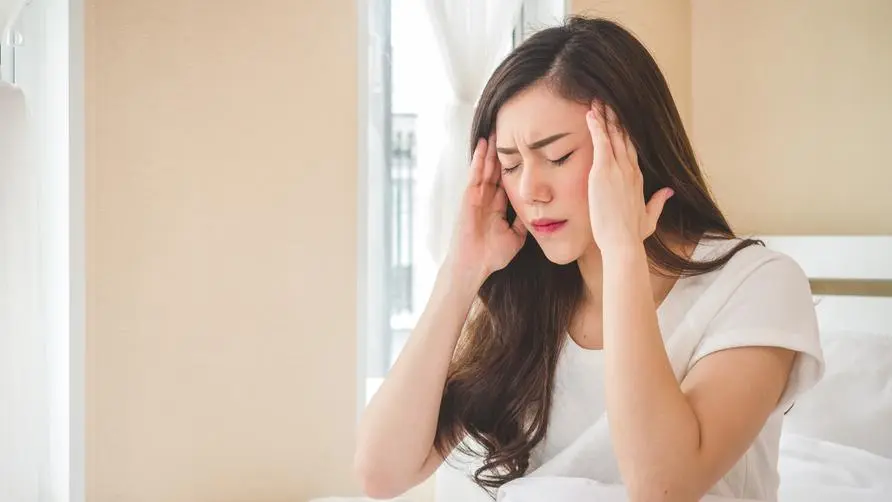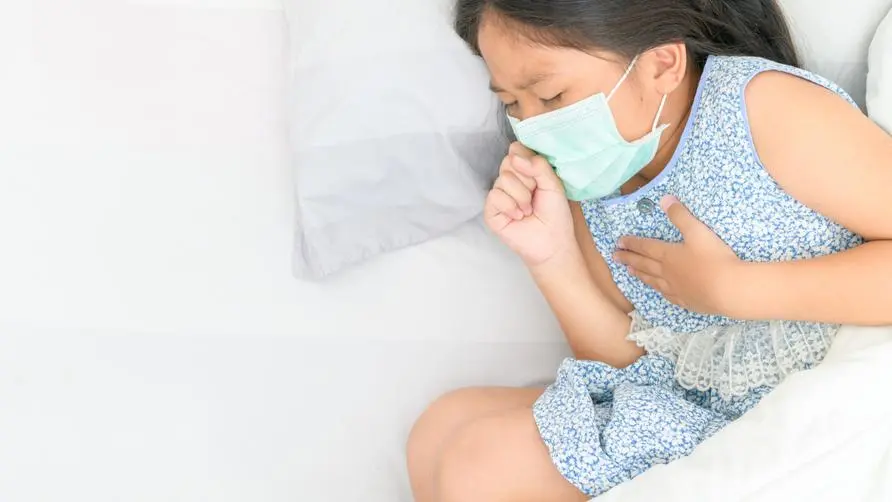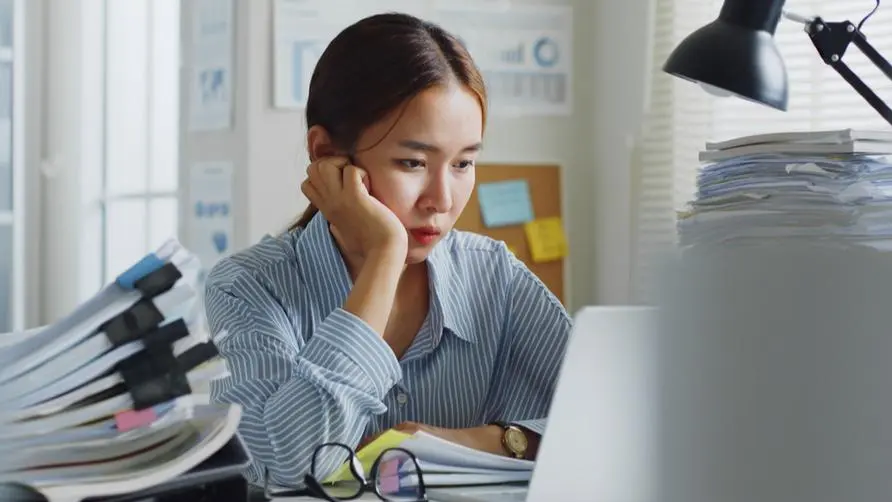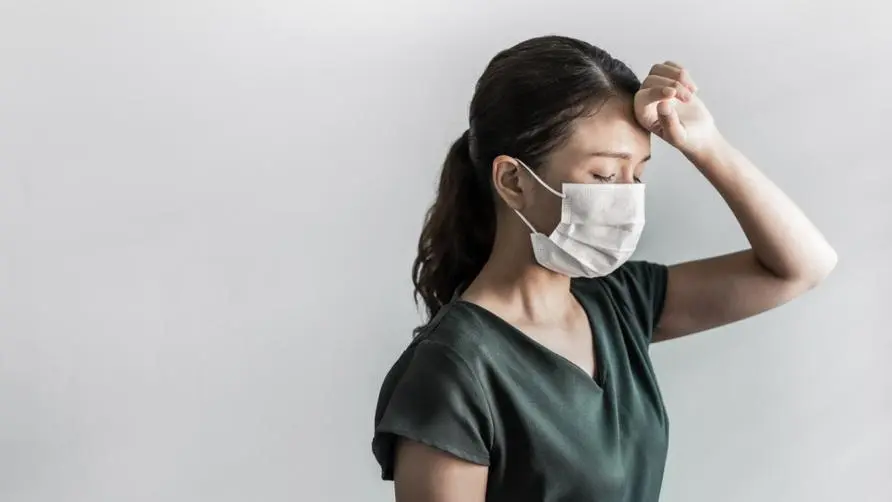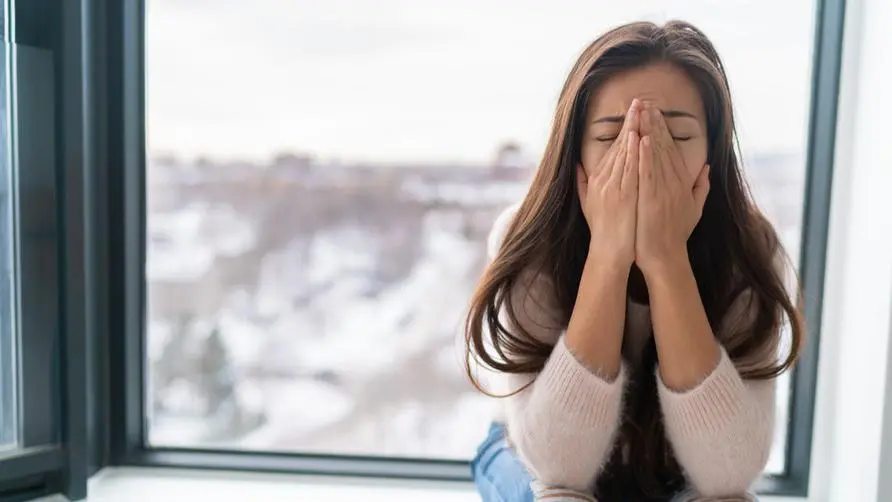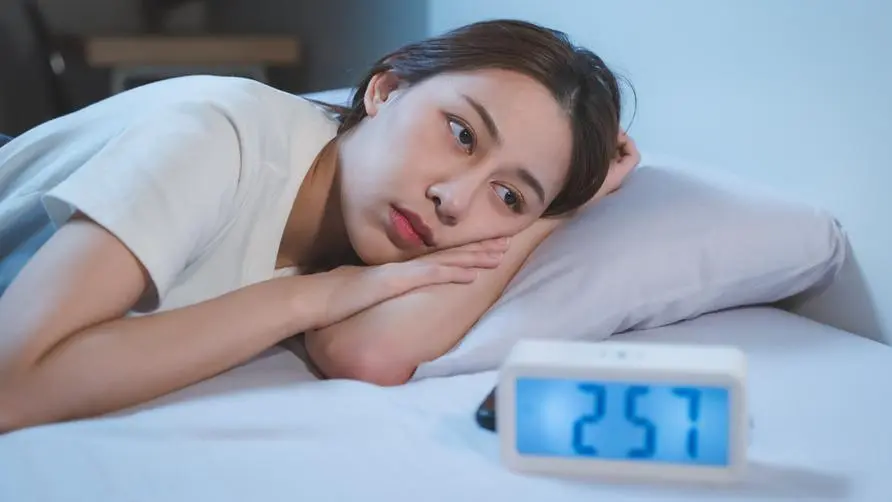Fear of contracting "anxiety disorder" surges in consultations! Irritability, skin-picking, and muscle tightness are signs
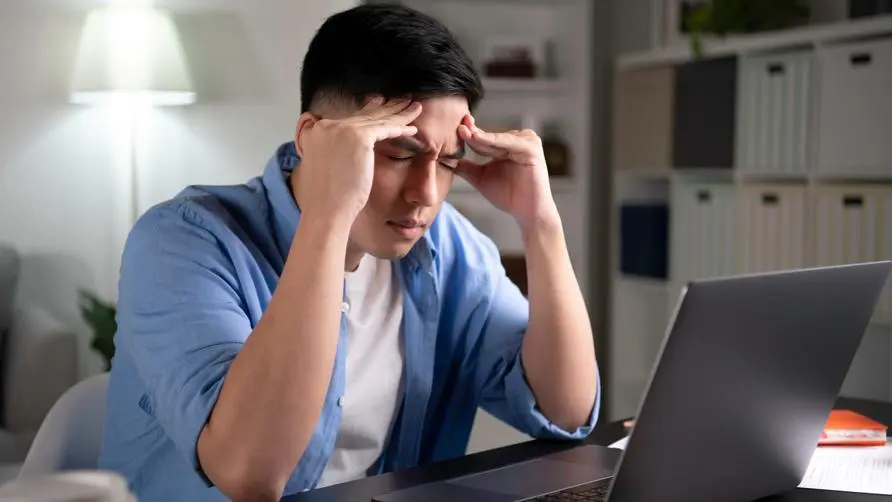
Are you always worried about getting infected? What are the symptoms of “anxiety disorder”
Will I be infected tomorrow? What should I do if I have been coughing for the past two days? Under the epidemic, many people are becoming more and more worried and anxious about the future.
Anxiety disorders not only have “anxiety” symptoms, but may also cause other problems. Dr. Li Minshan from the Department of Psychosomatics at Jiesi Mind and Body Medicine Clinic pointed out that anxiety disorders are characterized by feeling nervous about big and small things. Even if things are expected to happen in the future, even if they are not important to ordinary people, patients with anxiety disorders may become restless and restless due to excessive anxiety. Extremely nervous, even unable to concentrate, and my mind goes blank.
Dr. Li Minshan said that patients with anxiety disorders are also more likely to get angry emotionally, their muscles are easily tense, and they often feel tired without doing anything. Because the sympathetic nerves are overexcited and energy is used for anxiety, patients are in a state of “exertion” for a long time and are prone to sleep disturbances, such as being unable to fall asleep and having poor sleep quality.
Restlessness, fatigue, irritability, difficulty concentrating, muscle tightness, and sleep disturbance. When three or more of the six symptoms appear, you should pay attention to whether it is caused by anxiety. In addition, some patients will manifest themselves through behaviors such as scalp picking, fingernail pulling, and hair pulling. This is the so-called “skin picking disease”, which may also be a manifestation of anxiety and nervousness.
How to relieve anxiety problems? Eating more tryptophan-containing foods can help
How to relieve anxiety symptoms? Dr. Li Minshan pointed out that drugs and psychological treatment are the main treatment methods in medicine. Patients with anxiety disorders should also pay attention to their own stress handling, whether it comes from excessive self-demanding and cautious personality factors. It is recommended to practice more aerobic exercise to help stabilize your mood, mainly 150 minutes of moderate-intensity exercise per week.
In addition, you can increase the intake of good antioxidant nutrients in your diet, and eat more foods containing tryptophan, including high-quality protein, cashews, avocados, cheese, blueberries, etc. Tryptophan is the precursor of serotonin, and appropriate intake is helpful. Antidepressant effect.
As a source of antioxidant nutrients, it is recommended to eat more fruits, vegetables and probiotics. Today’s “gut-brain theory” believes that inflammation of the brain can also affect emotional instability, so taking good care of the intestines is one of the ways to relieve anxiety. You can also choose dark chocolate with more than 85%. However, if your body is more prone to anxiety and sensitivity when exposed to caffeine, it is not suitable.
20% more mental and physical consultations due to the epidemic, working from home “one person in one room” to reduce stress
Dr. Li Minshan said that since the outbreak of the epidemic last year, the number of patients in the psychosomatic department has continued to increase, and according to health insurance data, it has increased by at least 20%. As the COVID-19 epidemic has changed lifestyles, many people are either working from home or worried about possible diagnosis.
With the scope of life reduced, there is no clear boundary between work and rest, and there are more opportunities for friction between family members. This has led to many couples and couples falling out and quarreling, and also increasing the psychological pressure of many people. The recent outbreak of confirmed cases in the local area has caused many people to work and attend classes at home, causing day and night to be reversed, which is more likely to aggravate emotional and sleep problems. If daily life is greatly affected, you should seek medical advice in time and consult a specialist for assistance.
Dr. Li Minshan suggests that when working from home, you can appropriately separate the space, discuss with your family or your significant other which space and time period to maintain a quiet working state, and separate the boundaries between work and rest as much as possible. It is best for family members to have their own personal space. In addition to helping physical and mental adjustment, it can also reduce friction and disputes and help reduce psychological stress.
Further reading:
